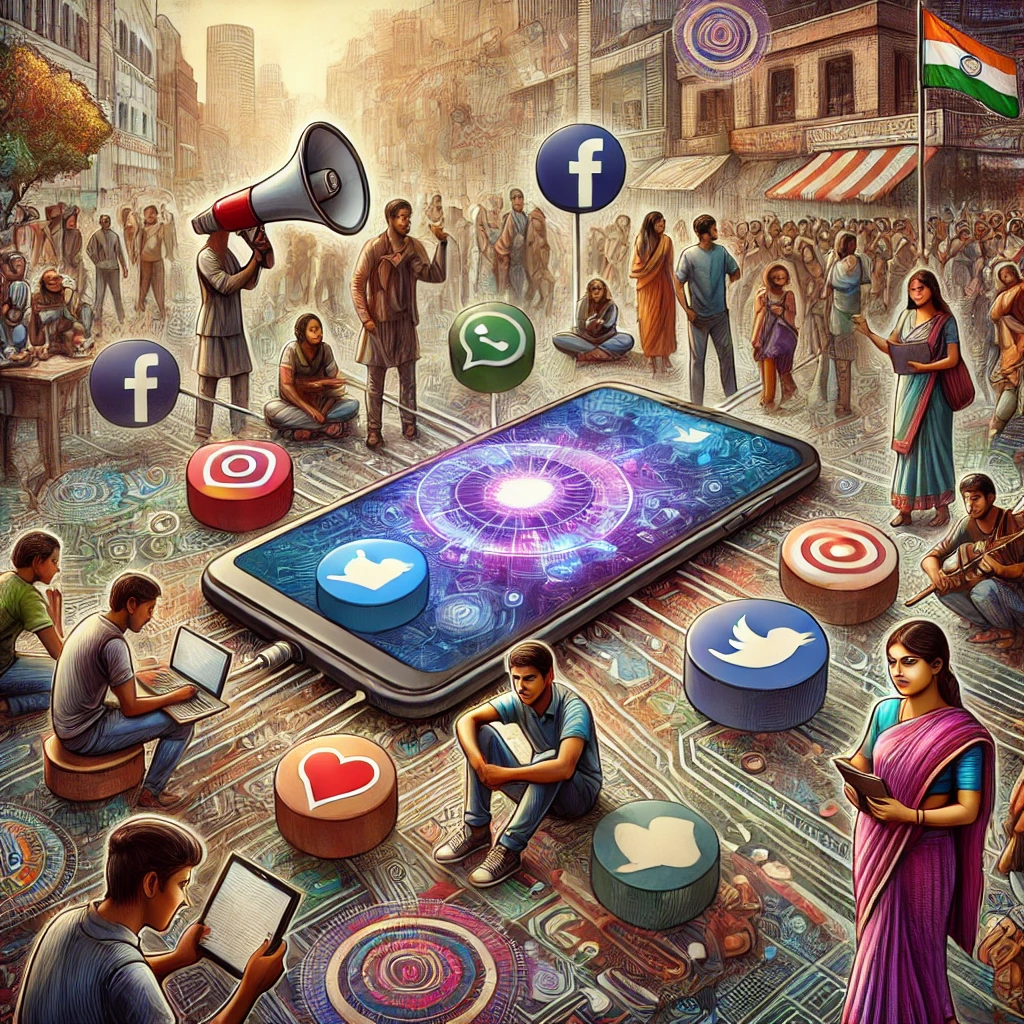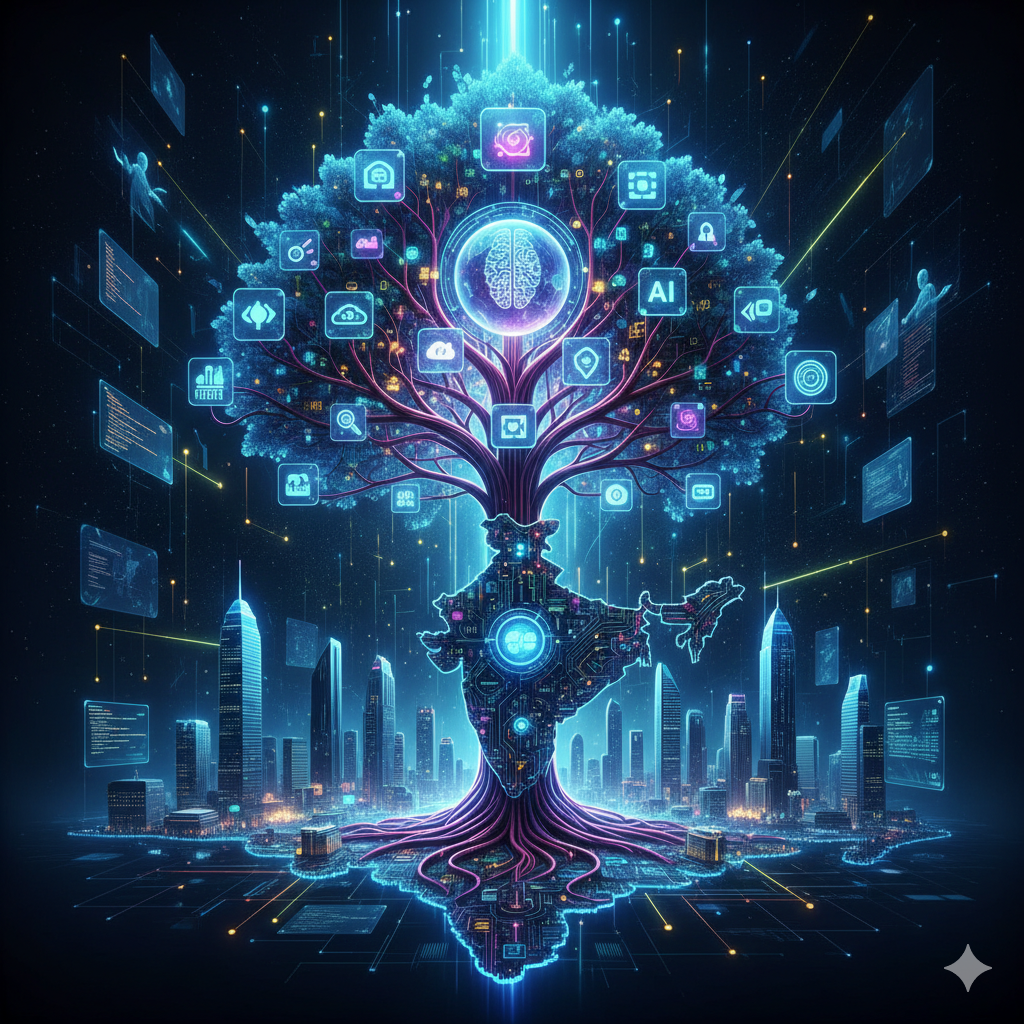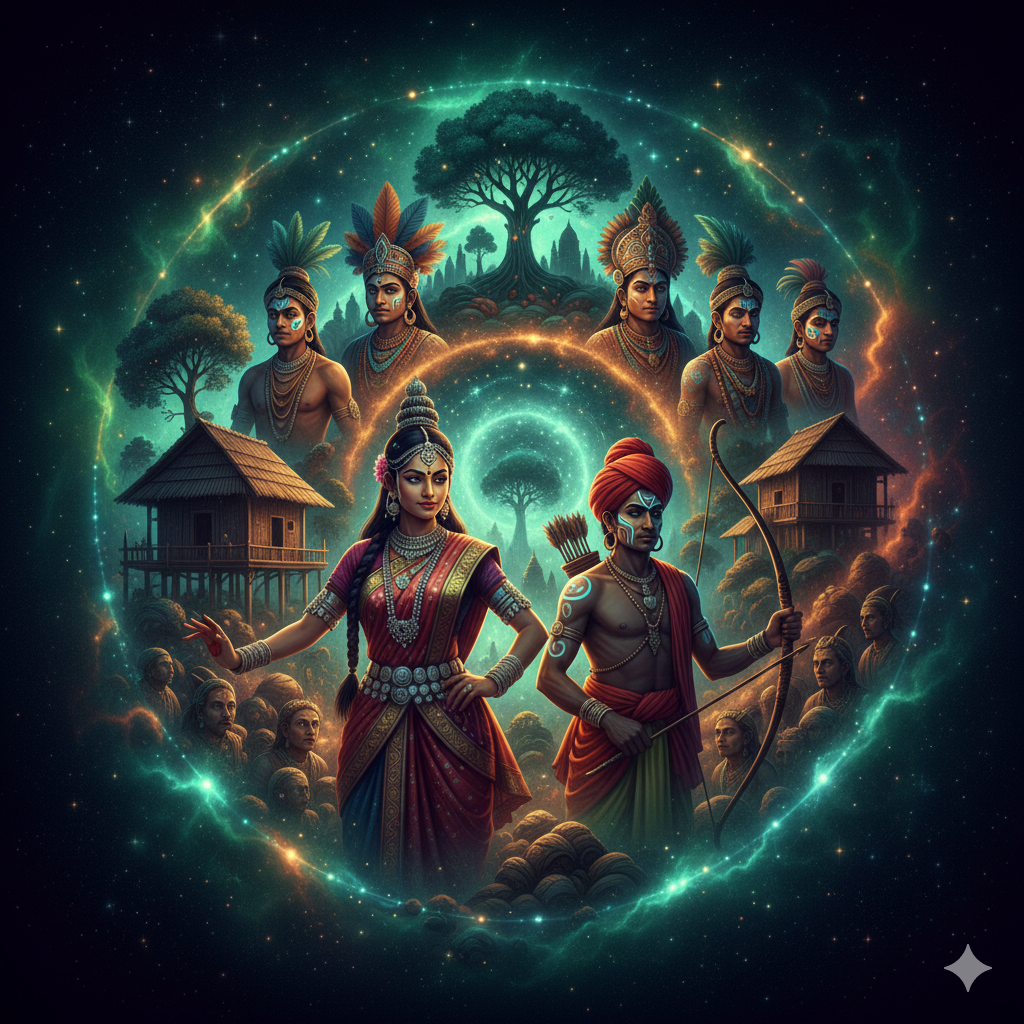Introduction
Social media has transformed the way people communicate, access information, and interact with the world. In India, the rise of platforms like Facebook, Twitter, Instagram, WhatsApp, and YouTube has significantly impacted various aspects of society, including politics, business, culture, and personal relationships. While social media has empowered individuals and businesses, it has also raised concerns related to misinformation, privacy, and mental health. This essay explores the impact of social media on Indian society, highlighting its advantages, challenges, and the way forward.
The Growth of Social Media in India
India is one of the largest markets for social media, with millions of active users across different platforms. The rapid increase in smartphone penetration, affordable internet, and government initiatives like Digital India have contributed to the widespread use of social media. According to reports, India has over 600 million internet users, with a significant portion actively engaging on social media platforms.
The emergence of regional content and vernacular social media platforms has further expanded the reach of digital communication. Platforms like ShareChat and Moj cater specifically to regional language users, making social media more inclusive in India.
Positive Impact of Social Media on Indian Society
1. Strengthening Communication and Connectivity
Social media has bridged communication gaps, enabling people to stay connected with family, friends, and professional networks. It has also facilitated cross-cultural interactions, allowing individuals from different backgrounds to engage in discussions and share ideas.
2. Boosting Digital Activism and Social Awareness
Social media has played a crucial role in raising awareness about important social and political issues in India. Movements like #MeToo, #JusticeForNirbhaya, and #SaveAarey gained momentum through social media, highlighting concerns related to gender justice, environmental protection, and human rights. Citizens now have a platform to voice their opinions and demand action from authorities.
3. Transforming Political Engagement
Social media has changed the political landscape in India by allowing politicians and parties to engage directly with citizens. Platforms like Twitter and Facebook are used for political campaigns, public debates, and policy announcements. During elections, social media serves as a tool for voter mobilization and awareness. However, it has also led to the spread of political propaganda and fake news.
4. Enhancing Business and Marketing Opportunities
Social media has revolutionized the way businesses operate in India. Small businesses, startups, and large corporations use platforms like Instagram, Facebook, and LinkedIn to market their products, engage with customers, and build brand identity. The rise of influencers and digital marketing has created new employment opportunities and revenue streams.
5. Educational Growth and Learning Platforms
Social media has transformed education by providing students and professionals access to online learning resources, webinars, and virtual classrooms. Platforms like YouTube, LinkedIn Learning, and Facebook groups help learners acquire new skills, enhancing their career prospects.
6. Emergency Response and Disaster Management
During crises such as the COVID-19 pandemic, social media played a crucial role in spreading vital information, organizing relief efforts, and connecting people with essential services. Platforms like Twitter and WhatsApp were used for medical assistance, plasma donation requests, and real-time updates.

Negative Impact of Social Media on Indian Society
1. Spread of Misinformation and Fake News
One of the most concerning issues related to social media in India is the rapid spread of misinformation and fake news. False narratives related to politics, religion, health, and social issues often go viral, leading to communal tensions and violence. The 2018 WhatsApp lynching incidents, caused by misinformation about child kidnappers, highlight the dangers of unchecked fake news.
2. Privacy Concerns and Data Security
The growing use of social media has raised concerns about data privacy and cybersecurity. Personal information is often collected and misused by companies for targeted advertising, and data breaches have put users at risk. The lack of strong data protection laws in India has made users vulnerable to privacy violations.
3. Cyberbullying and Online Harassment
Cyberbullying has become a major issue, especially among teenagers and young adults. Online harassment, trolling, and hate speech have increased, affecting the mental health and well-being of individuals. Women and marginalized communities are particularly vulnerable to online abuse.
4. Mental Health Issues and Social Comparison
Excessive use of social media can lead to mental health problems such as anxiety, depression, and low self-esteem. The pressure to portray a “perfect life” on social media leads to social comparison and unrealistic expectations. Studies have shown that constant exposure to filtered and curated content can negatively impact self-image, particularly among young users.
5. Decline in Face-to-Face Interactions
Social media addiction has resulted in reduced face-to-face interactions, affecting real-life relationships. People spend more time on their devices than engaging in meaningful conversations, leading to social isolation and weakening traditional family and community bonds.
6. Political Polarization and Echo Chambers
Social media algorithms often create echo chambers where users are exposed only to opinions that align with their beliefs. This leads to increased political polarization, making constructive discussions and debates difficult. The manipulation of social media by political groups further deepens societal divisions.

Government Regulations and Initiatives
Recognizing the challenges posed by social media, the Indian government has introduced several regulations and initiatives:
- Information Technology (IT) Rules, 2021 – These rules mandate social media platforms to appoint grievance officers, remove harmful content, and ensure accountability for misinformation.
- Fact-Checking Initiatives – Various government and independent fact-checking organizations work to combat fake news.
- Data Protection Bill – The proposed legislation aims to regulate data collection and protect user privacy.
- Cybercrime Awareness Programs – Government agencies conduct awareness campaigns on digital safety and responsible social media use.
The Way Forward: Responsible Use of Social Media
To maximize the benefits of social media while mitigating its negative effects, a collective effort is required from individuals, tech companies, and policymakers.
1. Strengthening Digital Literacy
Educating people about the responsible use of social media, fact-checking, and cybersecurity can help prevent misinformation and online fraud. Digital literacy programs should be integrated into school curriculums.
2. Stricter Regulation of Social Media Platforms
Social media companies must take greater responsibility in moderating harmful content, ensuring transparency in algorithms, and protecting user data. Stronger regulations should be enforced to hold platforms accountable.
3. Encouraging Healthy Online Behavior
Users should be encouraged to maintain a healthy balance between online and offline interactions. Parents and educators should monitor excessive screen time among children and promote digital well-being.
4. Promoting Ethical Journalism
Media organizations should focus on ethical journalism, verifying sources before publishing news on social media. Fact-checking should be an essential part of online reporting.
5. Community Engagement and Awareness Campaigns
Civil society organizations and NGOs should conduct awareness campaigns to educate people about the impact of social media and ways to use it responsibly.

Conclusion
Social media has brought significant changes to Indian society, influencing communication, business, politics, and social activism. While it has provided numerous opportunities for growth and connectivity, its misuse has also led to challenges such as misinformation, cyberbullying, and mental health issues. A balanced approach that includes digital literacy, regulatory measures, and responsible usage can ensure that social media remains a force for positive change in India. By fostering awareness and ethical online practices, Indian society can harness the power of social media for constructive development while minimizing its risks.




